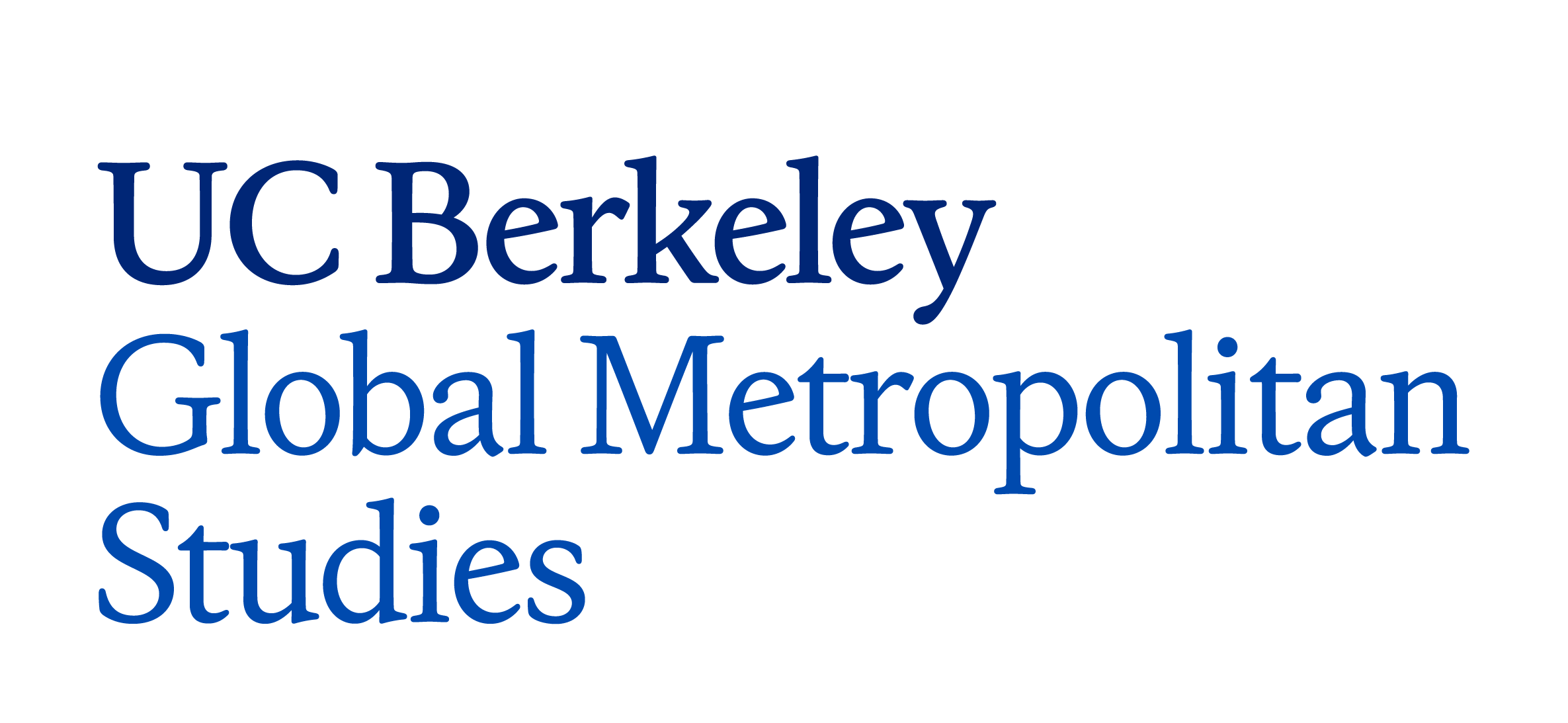This event is Co-Sponsored by the Institute of European Studies
Zoom link will be sent to registered guests ahead of the event
Amalgamations are blunt instruments of public policy reform. Unlike inter-municipal cooperation arrangements, which have limited effects on local government autonomy and can target specific tasks for joint service provision, municipal amalgamations produce radical, sometimes traumatic, effects on local communities. Prior comparative analyses of 70 years of amalgamation reforms in Europe have been bounded by both time and space. Beginning the analysis of amalgamation reforms in the post-World War II years, the conventional explanation in the literature argues that amalgamation reforms occurred when countries engaged in decentralization reforms to develop Welfare State functions. I argue this conventional explanation ignores both historical events that took place before WWII and cross-country diffusion processes over the last 70 years.
The presentation employs a Comparative Historical Analysis approach to 1) identify historical patterns of amalgamation reforms in Europe and to 2) provide a macro-causal explanation to make sense of continuities and discontinuities in these reforms. I unpack four key elements of time required to investigate municipal amalgamations in a comparative manner: a) the historical time of adoption (enactment); b) the sequencing of reforms across countries; c) the tempo of the reforms (fast or radical vs. slow or incremental); and d) the duration of the reform (implementation).
In this search for a macro-causal explanation for amalgamation reforms I highlight the different historical time of amalgamation reforms, with some taking place almost two centuries ago (Portugal, 1835), others early after WWII (e.g. Sweden, 1948-52), others much later (e.g., Greece, 1999; Georgia 2002-2006), more than once (e.g., Denmark, 1960s and 2004-05), or never (Spain). Next, I employ the elements of physical time – sequencing, tempo and duration – to uncover the complex causal processes and patterns that generated these territorial reforms.
António Tavares is associate professor w/ habilitation at the School of Economics and Management of the University of Minho in Braga, Portugal. He is also adjunct associate professor at the Operating Unit on Policy-Driven Electronic Governance of the United Nations University in Guimarães, Portugal. His research interests comprise topics in the fields of local government and urban politics, including territorial reforms, regional governance, service delivery, and political and civic engagement. His research has been published in a wide range of journals in political science, public administration and urban studies. Between December 2013 and December 2019, he served as co-editor of the Urban Affairs Review, the journal affiliated with the Urban Politics Section of the American Political Science Association. He is the author of the book essay Administração Pública Portuguesa (2019, Fundação Francisco Manuel dos Santos).
Tavares received his Ph.D. in Public Administration from the Reubin O’D. Askew School of Public Administration and Policy at Florida State University. He holds a Masters in Public Administration from the University of Minho, Portugal, and a B.A. in Organizational Sociology from the University of Minho, Portugal. He teaches Local Government, Theories of the Policy Process, and Public Policy Analysis and Evaluation and is involved in professional training for upper level civil servants in the fields of public policy and administration.

